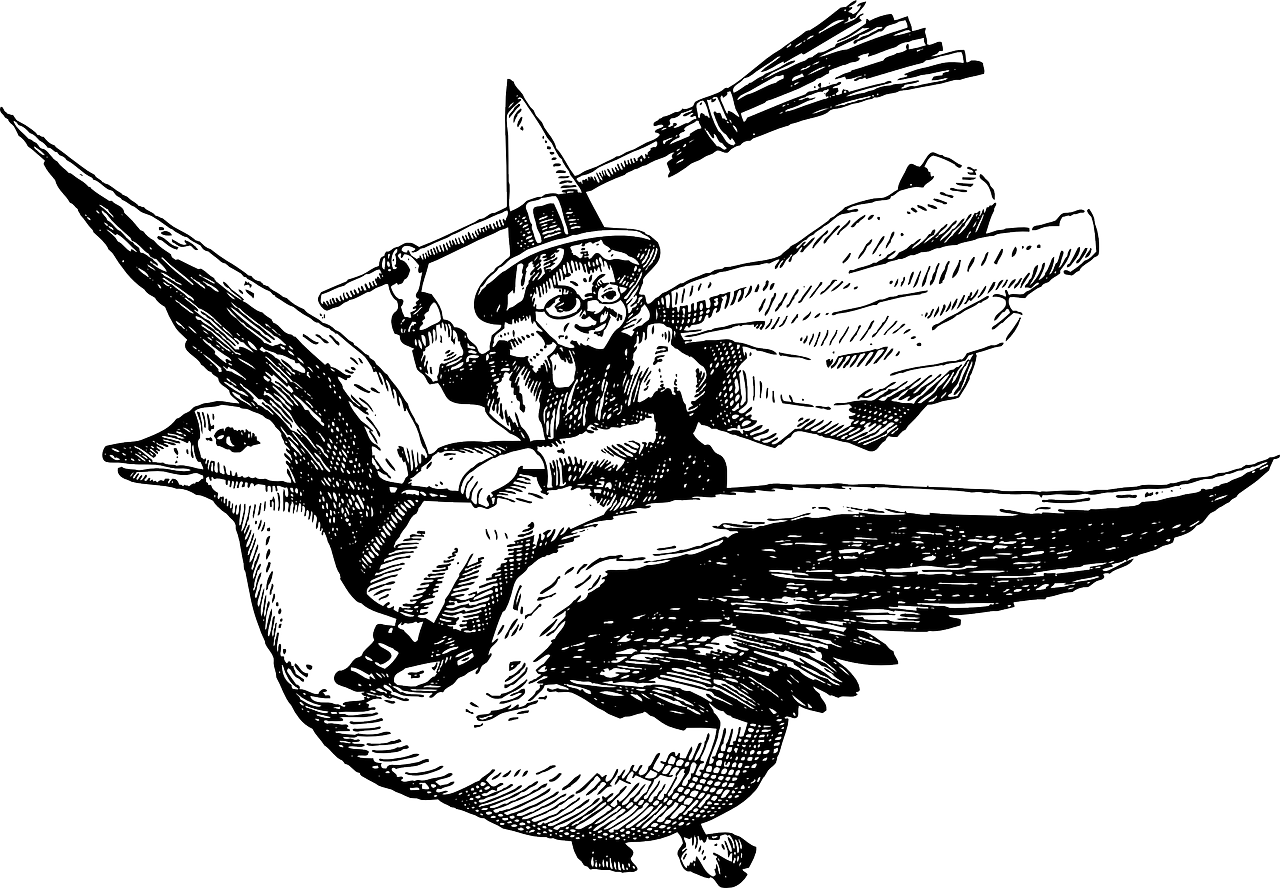Posted on December 1, 2015
By Holly Hibner and Mary Kelly
It seems like there are more fiction authors than ever who are publishing Christmas titles. Many can be categorized as “women’s fiction,” but there are a number of Christmas crime books as well. Why is it so popular (and lucrative) to write a Christmas novel? Is this a new trend or simply a tradition?
Christmas novels have been around since roughly Charles Dickens’ time. Sir Walter Scott wrote the Christmas poem “Christmas in the Olden Time” (1904) and William Sandys’ Christmas Carols Ancient and Modern (1833) are examples of Christmas titles that pre-date Dickens, but A Christmas Carol by Dickens was among the first Christmas titles in the form of what we consider a “novel” today. Dickens felt that the best way to educate people about poverty and social injustice was through an emotional, touching Christmas story, rather than through political pamphlets. He wanted people to be kind and generous toward one another, and used “the spirit of Christmas” to make his point (1).
Read moreChristmas Fiction: A New Trend?











